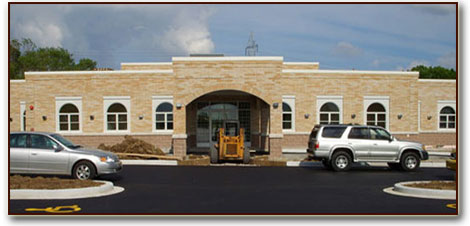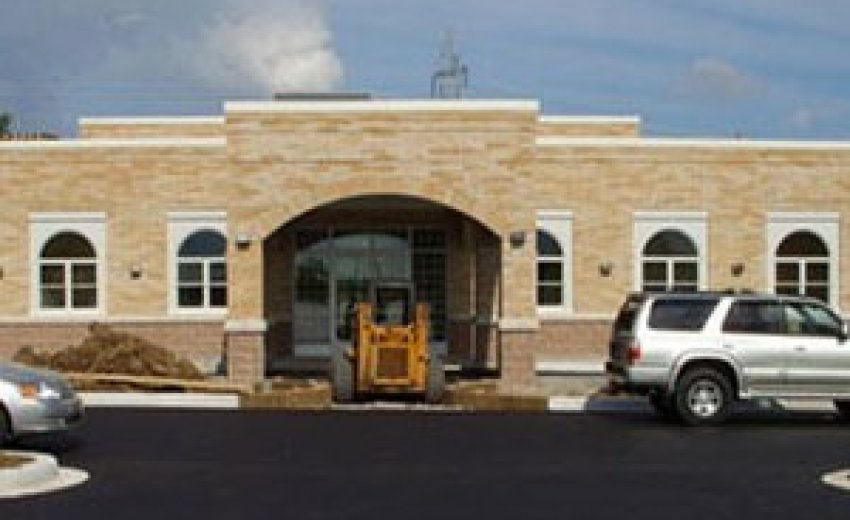Wisconsin Sikhs speak of forgiveness, rebirth at first Sunday service since gunman killed 6

OAK CREEK, Wis. — Hundreds of people who gathered at a Sikh temple in suburban Milwaukee spoke of unity, strength and rebirth during the first Sunday service there since a gunman killed six people before fatally shooting himself.
The service capped a weekend of events meant to honor the victims and restore the temple as a place of worship. While there were still tears and red eyes, many participants said healing was under way.
Visitors removed their shoes outside and filed past portraits of the victims, shuffling down a flower-lined aisle into the main prayer room. They dropped dollar bills in front of a shrine where their holy book sits and bowed for two to three seconds. Then they sat on the floor —women on the left, men on the right — their heads covered with scarves, and listened as a priest recited religious hymns.
Those at Sunday’s service included Sikhs from as far away as California and about 50 from Cleveland, who chartered a bus to make the eight-hour drive to support their community.
“It’s an emotional day but it’s getting better,” said Justice Khalsa, 41, of Milwaukee, who visits the temple three or four days a week. “I’m smiling and laughing now, but once this group goes away and we’re back to our regular schedule, it will be haunting, I’m sure.”
The proceedings began in the parking lot with a “nishan sahib,” or a ceremony in which participants clean a Sikh flagpole to symbolize the temple’s rebirth.
Women sang hymns as a group lowered the pole. About 50 people, mostly men and boys, unwrapped a faded orange cloth that covered the pole, washed the pole with water and milk and then rewrapped it with a darker orange cloth. The group then filed inside the temple for more prayers and hymns.
Wade Michael Page, 40, used a 9 mm pistol to kill six people and wound four others, including a police officer, in an ambush that took place shortly before a service was to begin Aug. 5. He shot himself after being wounded by another police officer.
Page, an Army veteran with a record of minor alcohol-related crimes and a spotty employment history, had performed with several bands associated with white supremacists and neo-Nazi groups. Still, investigators say they may never know for certain what prompted his attack.
When relatives gathered to plan Friday’s memorial, several wanted to include a seventh empty coffin to remember Page.
“It would have sent a message that we have forgiven this man for his actions,” said Amardeep Singh, the son of one victim. “We forgave him because otherwise it would have been a thorn in our side for the rest of our lives.”
The idea was eventually scuttled, and most at the Oak Creek temple Sunday seemed content to forget about Page.
“He should not be discussed,” Khalsa said. “People like that aren’t important. They don’t deserve attention. We’re concentrating on the people who lost their lives.”
Temple officials unveiled a simple but striking memorial to the victims. While leaders had repaired most of the damage to the temple, they left one dime-sized bullet hole unrepaired. Beneath it, they installed a small gold plate engraved with “We Are One. 8-5-12”
The hole, in a door jamb near the main prayer room, is meant to remind visitors of the victims: the temple president, three priests and two worshippers who died, as well as a police officer and three others who were injured.
It was in their memory that Amarjit Singh Kang, 48, organized the charter bus from Cleveland. He said attendees didn’t think twice about whether to make the 430-mile trip.
“It’s important we all be together,” he said.
